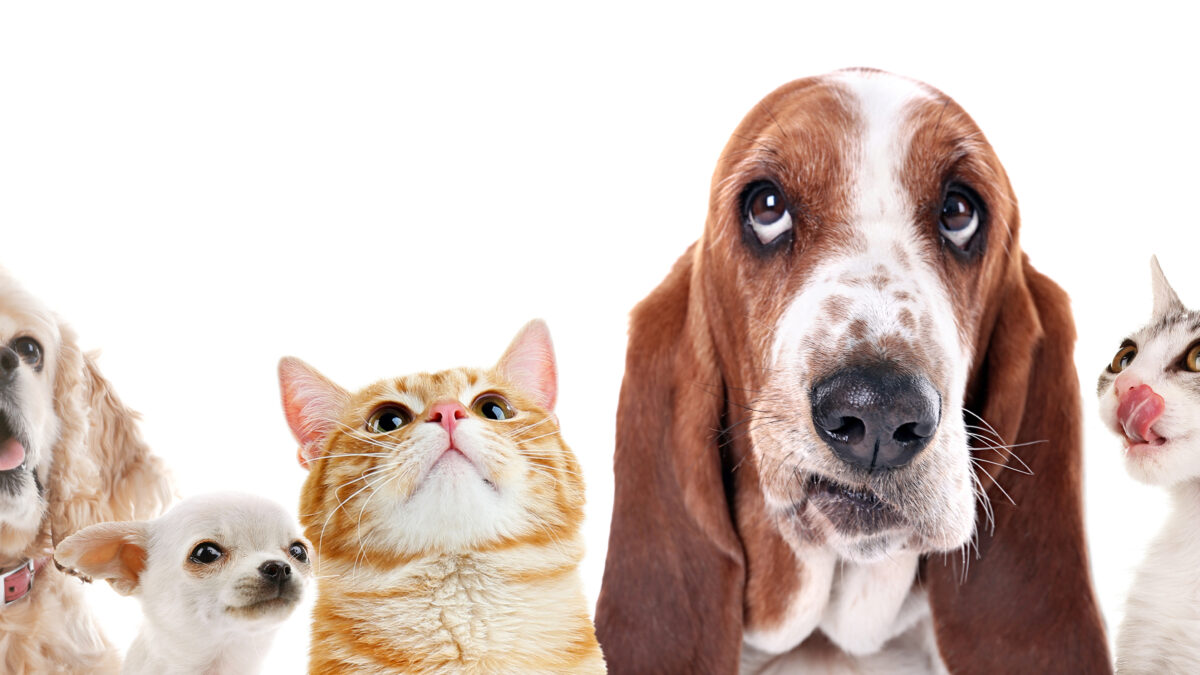March is Pet Poison Prevention Awareness Month. In the event of a poisoning or toxin exposure, quick action and expert advice are critical. Keep these poison control numbers handy:
ASPCA Animal Poison Control Center 1-888-426-4435. The ASPCA is staffed by board certified veterinary toxicologists and specialist technicians with access to the largest veterinary related toxin database available. The expertise and guidance they provide is well worth the nominal fee typically charged. Their experts are available 24 hours a day, 7 days a week and 365 days a year. The charge for this service is $65. The ASPCA also has a helpful smartphone app and maintains a great online database of plants and flowers that are toxic to animals, complete with pictures and descriptions of the problems they cause.
Pet Poison Helpline 1-800-213-6680: staffed by veterinarians and veterinary technicians with special training in poisonings, as well as board certified veterinary toxicologists, internal medicine specialists and emergency and critical care specialists. They are available 24 hours a day, 7 days a week and 365 days a year. The charge for this service is $59. There is a smartphone app on iOS only, but their website is mobile friendly.
National Pesticide Information Center 1-800-858-7378: If you have a pesticide related question, you can call or email them at [email protected].
With many common household items toxic to pets, it’s important that pet parents educate themselves to ensure they keep unsafe items out of paw’s reach. It can happen to even the best pet owners. You turn around for one moment (or accidentally leave medication or chocolate on the counter) and your pet ingests a potentially harmful or fatal pet poison. Accurate and timely identification of the suspected substance is very important. Having the package or label in hand will save valuable time and may save the life of your pet.
Dog Poisons: Chocolate; Mouse and Rat Poisons; Anti-Inflammatory medications; Xylitol (sugar free gum & more); Grapes and Raisins; Antidepressant Medications; Acetaminophen (Tylenol); Vitamin D; Stimulant Medications; Fertilizers.
Cat Poisons: Lilies; Spot-on flea/tick medication for dogs; Household cleaners; Antidepressant medications; Essential oils; Stimulant medications; Onion and Garlic.
Always keep garbage out of a pet’s reach, as rotting food contains molds or bacteria that could cause food poisoning. For a complete list of common household items that are potentially toxic to pets, visit https://www.aspca.org/pet-care/animal-poison-control. For more information on the Topanga Animal Clinic, visit https://www.animalclinictopanga.com













